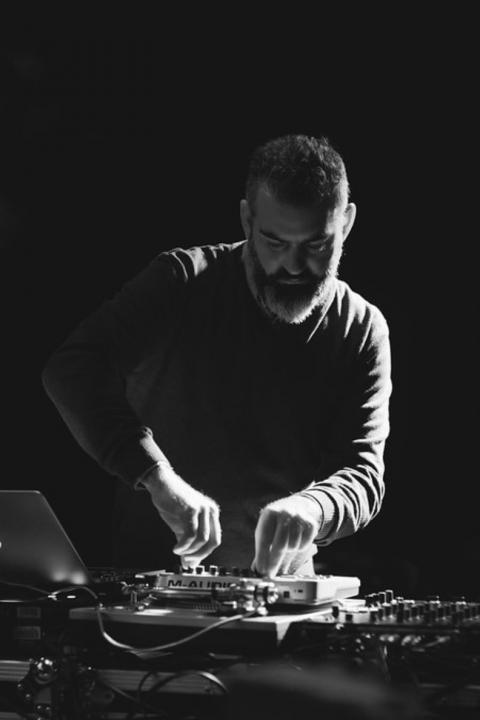
Wayne Marshall
Position
Assistant Professor
Affiliated Departments
Telephone
617-747-6826
Personal Websites
For media inquiries, please contact Media Relations
An ethnomusicologist by training, Wayne Marshall's research is in media technologies and cultural politics with a focus on social dance music in the Americas, from ragtime to reggae. Marshall coedited Reggaeton (Duke University Press, 2009) and has published widely in academic journals.
Marshall complements his academic work with DJ mixes and mashups, and by writing for such outlets as Pitchfork, New York Magazine, and The Wire, as well as on his acclaimed blog, wayneandwax.com. He has taught at Harvard University, Massachusetts Institute of Technology, Wellesley College, and the University of Chicago, among others, and he has been teaching at Berklee since 2015.
Career Highlights
- Instruments include laptop, bass, and guitar
- Major publications include Reggaeton, coedited with Raquel Rivera and Deborah Pacini Hernandez, Duke University Press, 2009; “Hip-Hop’s Irrepressible Refashionability” in Bringing Culture Back in, edited by Orlando Patterson, Harvard University Press, 2015; “Treble Culture,” Oxford Handbook of Mobile Music and Sound Studies, edited by Sumanth Gopinath and Jason Stanyek, Oxford University Press, 2014
Education
-
School NameUniversity of Wisconsin-MadisonState or ProvinceWisconsinDegreeDoctor of Philosophy (PhD)Field of StudyEthnomusicologyDate Degree Received
In Their Own Words
